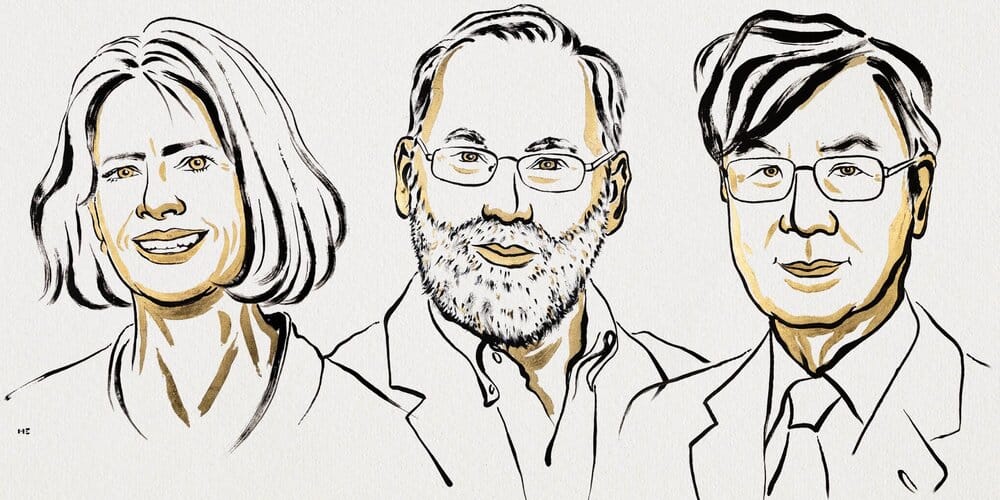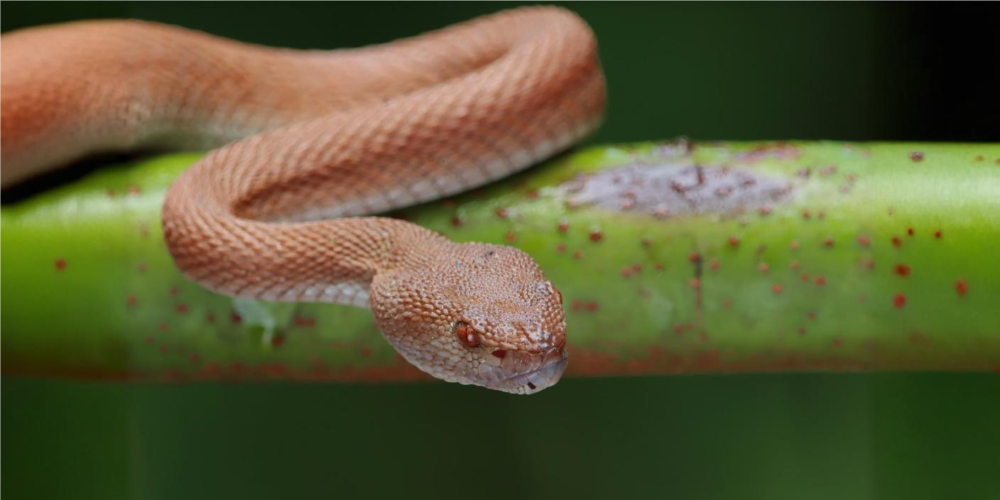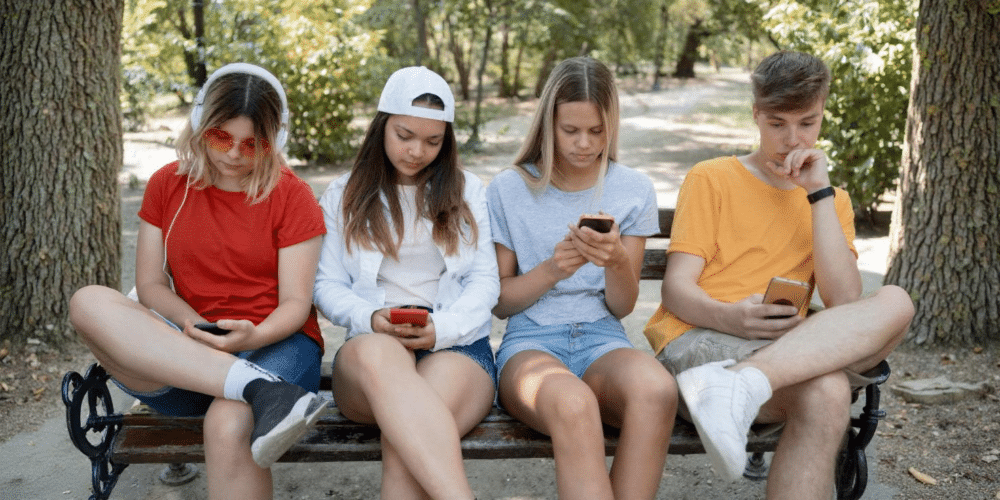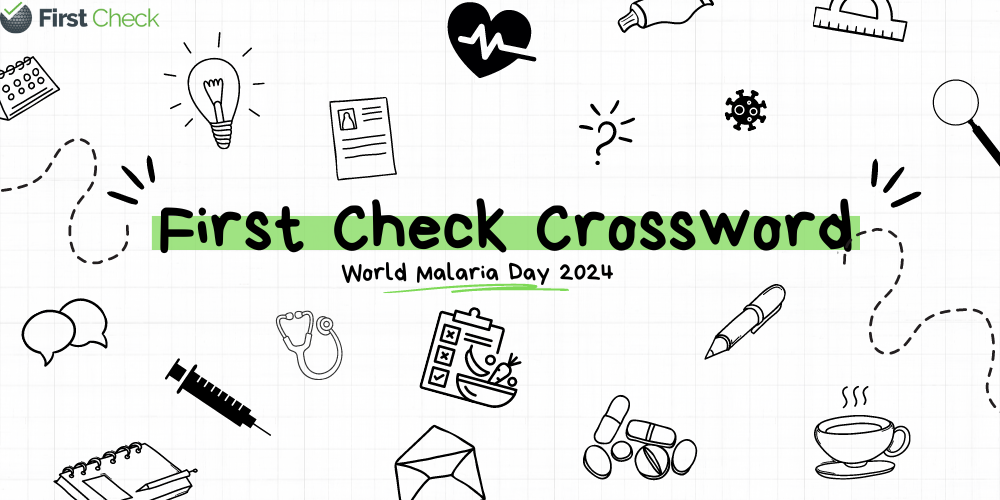Perils of misleading health information | International Fact-Checking Day 2023
Author
Author
- admin / 3 years

- 0
- 3 min read

Author
During the pandemic, unproven claims prevented people from taking vaccination against COVID-19 and significantly increased the risk of spreading the virus to the community.
By Safna Malik
Folktales and ancient stories about the supernatural powers of gods and goddess are still embedded in the hearts of people living in the current day and age in Sri Lanka. While they have cultural significance, it is also true that these beliefs have augmented the risk of health misinformation.
For example, during the COVID-19 pandemic, there was news about a tonic called ‘Dhammika Paniya’ that supposedly had the power to prevent and fight the coronavirus. Initially promoted as an Ayurvedic medicine, it was later claimed that the Hindu goddess Kali had made the tonic with the help of her divine powers. Sadly, the unproven claim prevented several people from taking vaccination against COVID-19 and significantly increased the risk of spreading the virus to the community.
Not too long ago, there was a post circulating on social media about bananas being injected with the AIDS virus. The claim is a classic example of a baseless conspiracy theory that spreads false information and creates unnecessary panic among people.
The World Health Organization (WHO) and the Centers for Disease Control and Prevention (CDC) issued statements to debunk the myth, calling it “completely false” and lacking any scientific evidence. Furthermore, HIV is primarily transmitted through sexual contact, sharing of needles, and from mother to child during pregnancy, delivery, or breastfeeding.
According to the WHO, even if food contained HIV-infected blood, the virus would be killed by exposure to air, heat from cooking, and stomach acid. There is scientific evidence to show that HIV is a fragile virus that cannot survive outside the human body for an extended period. When exposed to the air, the virus quickly loses its ability to infect cells and becomes inactive. Additionally, cooking food at high temperatures can also kill the virus, making it safe for consumption.
Finding solutions
Over the last few years, social media platforms have become a breeding ground for fake news and misinformation. Many false stories and rumours have been circulated without any fact-checking, leading to confusion, fear, and even violence among communities in some cases.
Social media has become an integral part of our daily lives and has significantly impacted the way we share information and connect with people. According to social media stats in Sri Lanka, Facebook is the most popular platform with 90.51% Sri Lankans actively using it, followed by YouTube (5.98%), Twitter (1.14%) and Instagram (0.71%).
The impact of misinformation, particularly health misinformation, can be devastating. People are quick to believe what they see and hear, without taking the time to verify the information. This is compounded by a lack of media literacy, with many people not knowing how to distinguish between credible sources and false narratives.
To combat health misinformation, it is essential to promote science-based education and critical thinking skills. Media outlets too need to take responsibility for fact-checking their content before publishing.
Healthcare professionals can also play a crucial role in dispelling popular myths and unscientific health claims. That way, people can have access to accurate health information and make informed decisions about their health.
Also watch : Why Health Fact-Checking Is So Important?









